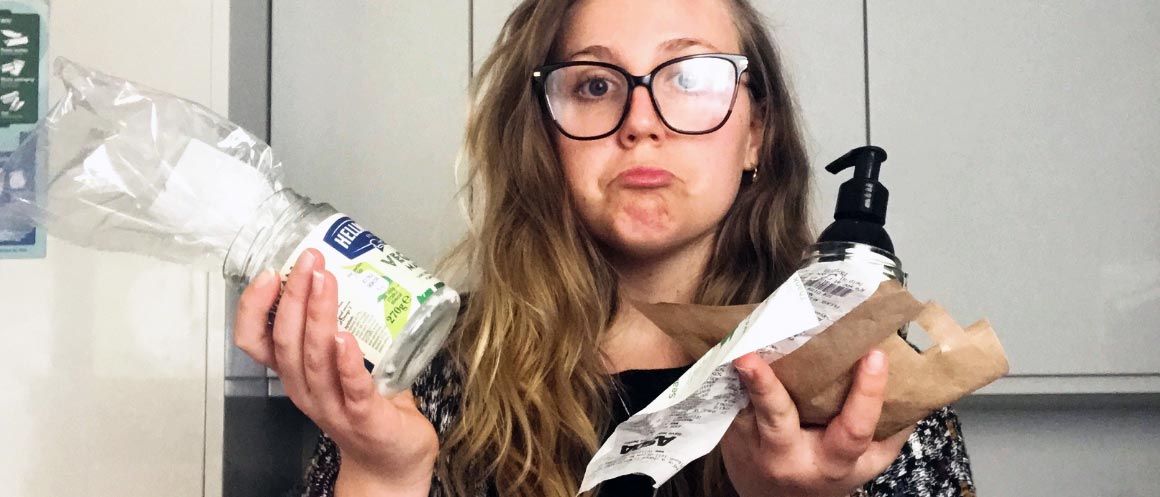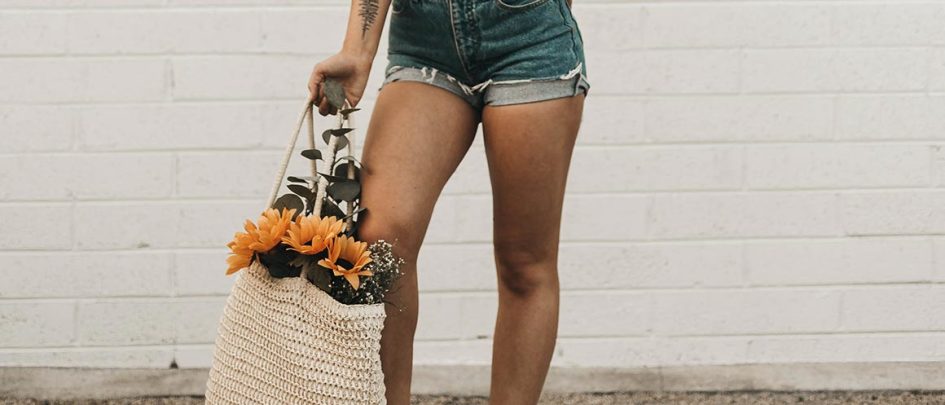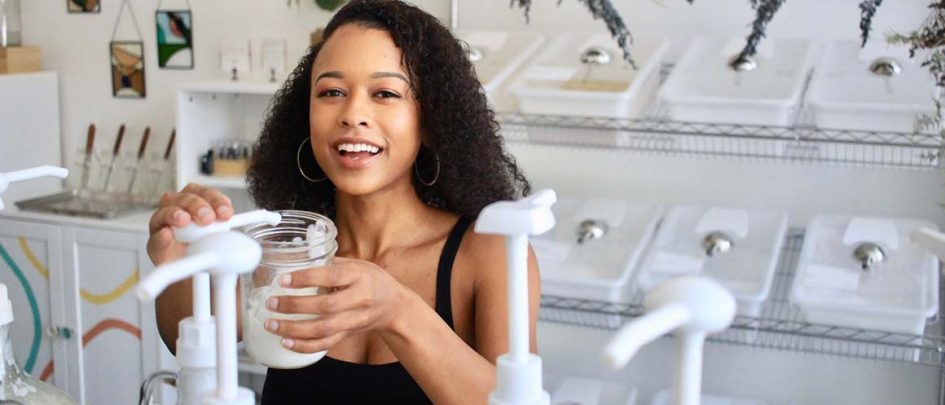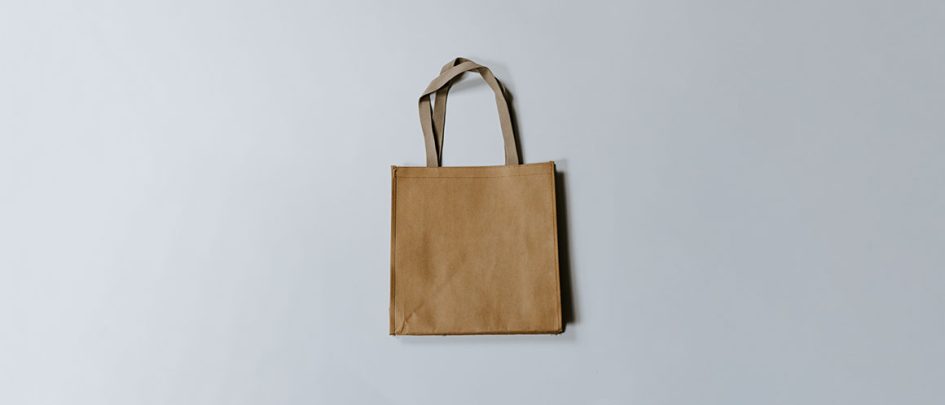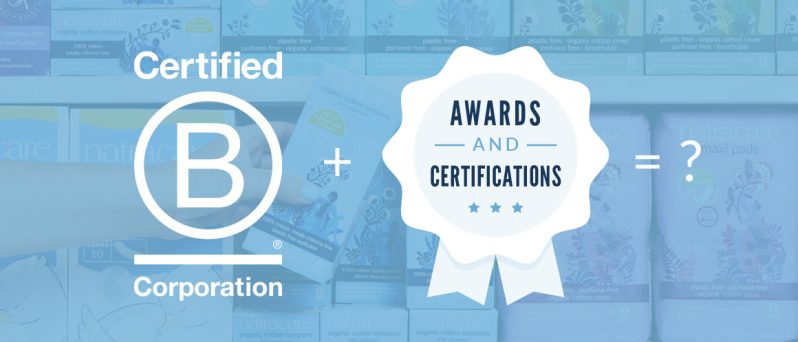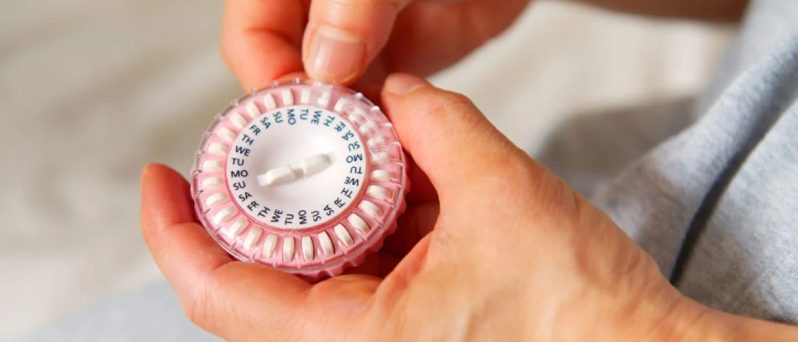What happened when we carried our waste for 24 Hours.
Trying to end plastic pollution is an environmental crisis that we’re facing on a global scale. According to Plastic Oceans, 10 million tons of plastic are dumped in our waters every single year. While it’s important to look at plastic pollution on this macro level, in doing so we can often remove ourselves from the issue on a personal level. We must pay attention to and reduce our own plastic waste, while also demanding larger scale change. That’s why we decided to set ourselves a challenge.
We decided to test how aware we are of our consumption by carrying around our waste for an entire day. That’s 24 hours carrying around every tea bag, eggshell, wrapper, and tissue used to see just how much was accumulated and what materials made an appearance. Here’s how the challenge went:
Waste during lockdown
The pandemic and lockdown life has impacted what we consider “normal” in a multitude of ways. Kicking off the challenge, Sophie, our digital marketing executive, posed the question:
“I wonder if we’d collect more or less waste outside of lockdown?”
Like many other people across the globe, we’re currently working from home, which is likely to have impacted the amount of rubbish we collected throughout the day. Without stopping for coffee on the daily commute, grabbing lunch on the go or heading for after-work drinks, it’s likely our current lifestyles have reduced our waste to some extent. But with single-use masks and some cafes not being able to accept reusable coffee cups due to the pandemic, our waste may have also increased.
The plastic problem
Although plastic is a convenient and at times useful resource, it has contributed to 381 million tons of waste around the world. Having to carry every wrapper and plastic film around for the day hammered home just how much of our daily waste is made up of plastic.
Sophie said:
“Most of what I’m carrying is plastic, a lot of which isn’t even recyclable. I’m eating leftovers for dinner this evening, but on a day that I cook I’d probably collect more plastic, and some food waste too.”
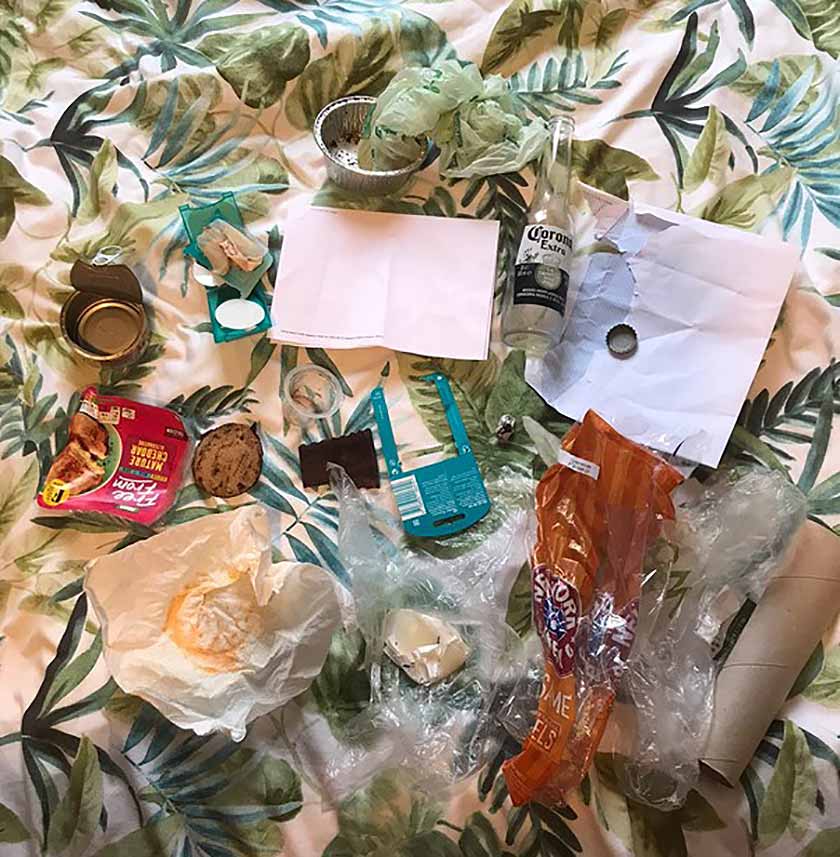
Nameya said:
“Although I only had one plastic item it made me think about what other plastic waste I’d carry around if we weren’t in lockdown. Wrappers from meal deals, plastic bags from shopping, etc.”
It’s important to consider the truth behind plastic recycling and that 91% of plastic doesn’t get recycled. Although plastic has its benefits, it also has an immense negative impact on our planet, especially on oceans and marine life.
Period products
Neither of us taking part were on their period during the challenge, so period products didn’t contribute to the waste collected throughout the day. That being said, the thought crossed our minds and left us considering the impacts of period product waste.
Sophie says:
“The idea of this challenge made me feel relieved that I use compostable period products that don’t add to my plastic use. But regardless of them being plastic free, I was still grateful not to have to carry them around with me.”
A single pack of conventional period pads contains the same amount of plastic as five plastic shopping bags. Making the switch to plastic free, natural period products takes that number down to zero. Natracare pads are made from certified organic cotton and sustainably sourced wood pulp, with absolutely no plastic.
Plastic free
Period Products
Find your nearest store
Reflecting on the challenge
It’s safe to say this challenge opened our eyes to how much waste we can create day to day. It also encouraged us to pay more attention to actively minimising waste moving forward.
Sophie says:
“Carrying my rubbish around made me want to collect as little as possible, and taking pictures made me feel embarrassed about the waste I produced. The throwaway culture we have disconnects us so much from our actions and impact on the rest of the world. If it’s as easy as throwing something in a bin, we feel absolved for the rubbish we’ve created.”
Nameya says:
“I can’t help but wonder if I subconsciously decided to use less because I know I had to carry everything around with me. For example, I only used one cotton swab and one cotton pad because I knew I’d have to walk around with them. I then started to notice how little I was carrying, so I tried to accumulate more to make the challenge more impactful, but then felt bad for creating more waste – it was a real catch 22.”
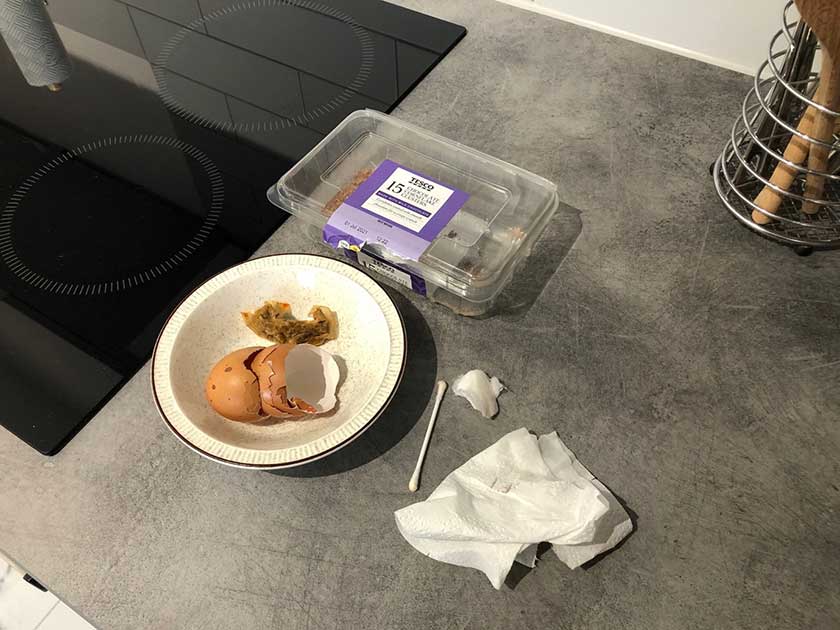
The casual attitude we have to daily waste we have is damaging the planet and the people and creatures we share it with. But there are some practical and impactful ways we can be more mindful about our consumption and waste production.
Reducing our waste, one day at a time
Here are some ways you can reduce plastic pollution at home:
- Ditch the plastic bags at the till and shop using reusable bags instead.
- Substitute plastic wrap and tin foil for reusable containers and food wraps.
- Bring reusable cutlery to your next lockdown style picnic with friends.
- Buy loose fruit and vegetables at the supermarket.
- Start a home compost or take note of expiry dates on foods and plan meals ahead to cut down on food waste.
- Shop and sell second-hand! Platforms like Depop are perfect for finding pre-loved items you can give a new home to.
- Switch to plastic free period products.
- Research the best ways to recycle your electronic items, like your phone. Several stores will take them back and recycle them for you.
- Go paperless with your bills, receipts, and mail wherever you can.
- Switch to a green energy provider.
How much waste do you think you’d collect over 24 hours? Try this challenge and share your experience with us in the comments below or on Instagram!
